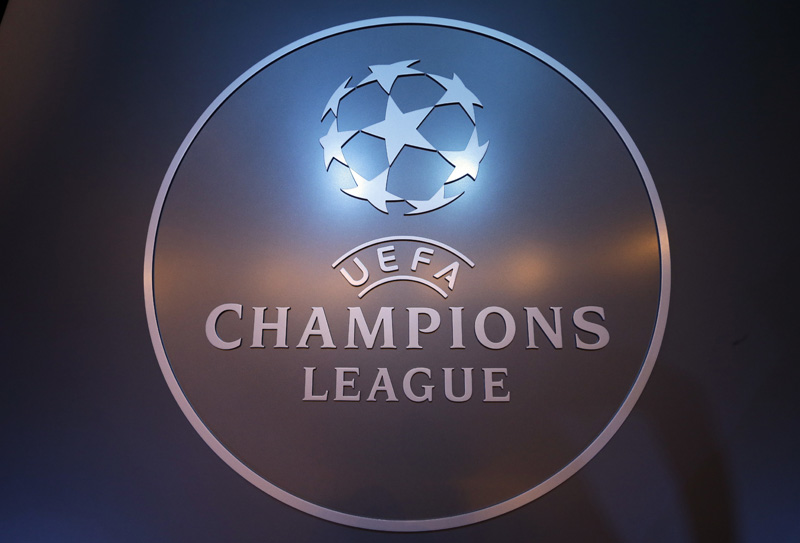Changes to the Champions League
MONACO: Factbox on the principal changes to the Champions League which will come into effect from the 2018-19 season and were announced on Friday.
- There will be no change to the format itself.
The competition will continue to consist of a qualifying competition played in July and August, followed by a 32-team group stage with eight groups of four teams, played from September to December.
After that, the Champions League becomes a knockout competition from February to May, with a round-of-16, quarter-finals and semi-finals, played over two legs, and final, played in a single match.
- The main changes are in the distribution of the 32 places in the group stage and of the revenue.
From 2018, the top four ranked leagues, currently Spain, England, Germany and Italy, will get four places each.
The fifth and sixth-placed ranked leagues will get two places each, going to the champions and runners-up, and the seventh-to-10th ranked leagues one place each.
The champions of the remaining 43 European leagues will take part in a qualifying competition from which four go into the group stage. Liechtenstein is the only UEFA member without a national league while clubs from Kosovo are not participating at present as their facilities are considered below standard.
Two places go to non-champion teams from the lower-ranked leagues who will also take part in the qualifying competition. The other teams to qualify will be the Champions League and Europa League titleholders respectively.
- The ranking system
UEFA uses a complicated coefficient system to rank the leagues, based on the results of their clubs during the previous five seasons.
The 10 top team ranked leagues are currently Spain, Germany, England, Italy, France, Russia, Portugal, Ukraine, Belgium and Turkey.
-Winners and losers
The fourth-ranked league, currently Italy, are the biggest winners. They go from two group stage slots, plus one in the final qualifying round, to four in the group stage.
This is especially generous given that Italian teams have lost in the playoff round for each of the last three seasons, most recently AS Roma who were beaten by Porto this week
The top-three ranked leagues also win as their fourth-placed teams no longer have to take part in a playoff, but go straight into the group stage.
The 11th and 12th-ranked leagues, currently Switzerland and Czech Republic, lose their place in the group stage and will have to take part in the qualifiers instead.
-Revenue distribution
A new four-pillar financial distribution system will be introduced based on starting fee, performance in the competition, individual club coefficient and market pool.
UEFA said this will "will see sporting performances better rewarded."
Currently, 40 percent of revenue is distributed according to the so-called market pool, which is calculated according to the size of the television market in the clubs' respective countries.
Problems:
The big clubs claim that too many places in the group stage to clubs from smaller countries who are not competitive.
Critics say the current system creates a snowball effect where the financial gap between the big clubs and the others continues to grow. This in turn leads the same handful of teams dominating the competition and makes the group stage a mere formality for teams from the bigger leagues.
Further changes
UEFA competition cycles remain in place for three seasons, so further changes would only be possible from the 2021-22 season onwards.






